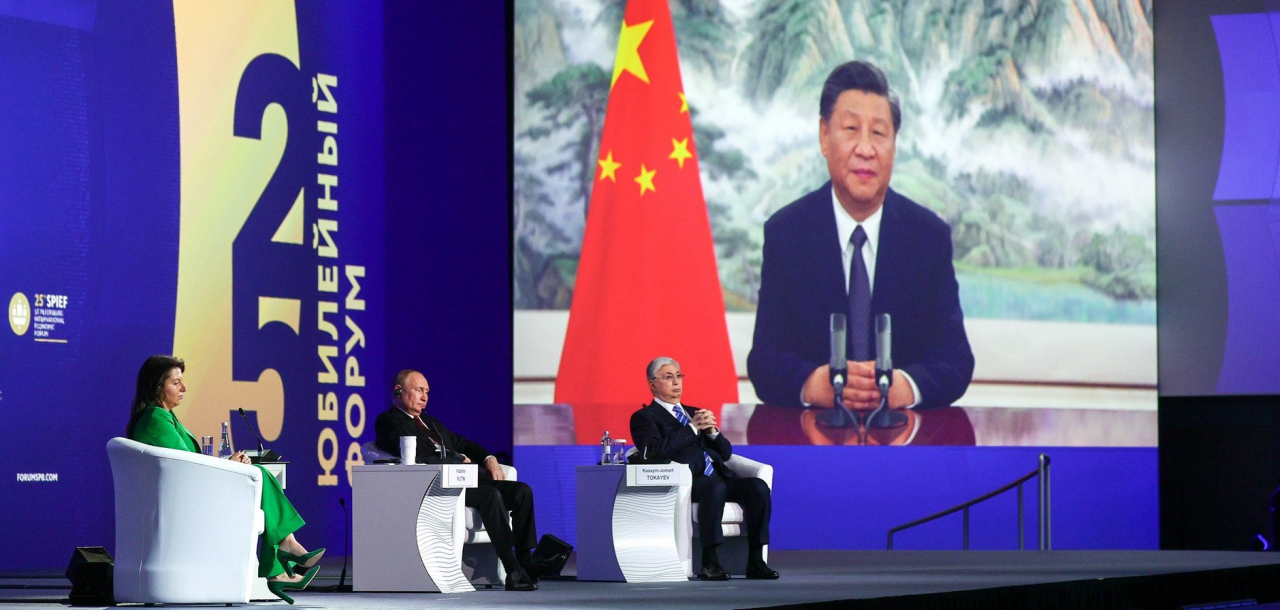The CSTO will not become an analogue of NATO
 The situation has not changed
The situation has not changed

Despite the wishes of the Kremlin and Minsk, the other leading economies and militaries of the CSTO oppose its transformation into a competitor to NATO.
President of Kazakhstan Kassym-Jomart Tokayev made several statements related to topical issues of security and functioning of the CSTO:
- Kazakhstan will not contribute to Russia’s circumvention of Western sanctions because it is aware of the possibility of secondary sanctions being imposed;
- Kazakhstan has no political obligations to Russia for the limited CSTO contingent deployed to Kazakhstan in January. It was a CSTO operation, not a Russian one;
- Kazakhstan does not plan to recognise the independence of South Ossetia, Abkhazia, and the quasi-autonomous territories of Donetsk and Lugansk, because this will lead to chaos in the international situation;
- anti-Kazakh declarations of various Russian figures are unacceptable.
Lukashenka’s repeated calls for a unified confrontation between CSTO allies and the West have therefore been rejected by the second most important country in the organisation. Attempts to form an anti-Western bloc based on the CSTO can be considered closed.
The divergent interests and the lack of shared values among the participating countries dictate that the CSTO will continue to function like most other post-Soviet structures; a combination of practical cooperation on topical issues, bilateral relations of member states with Russia and sinecures for national bureaucracies. Such a format is generally acceptable to the majority so long as the inherent contradictions do not evolve to require concrete action.
Subscribe to our newsletter




Situation in Belarus
Constitutional referendum: main consequences


 Video
Video
How to count the political prisoners: are the new criteria needed?


 Video
Video
Paternalism In Decline, Belarusian Euroscepticism, And The Influence Of Russia


 Video
Video












